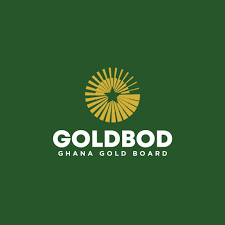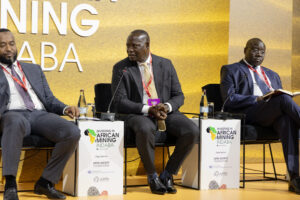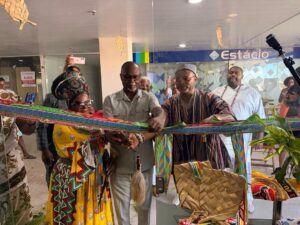
Ghana and the United Kingdom (UK) have signed a trade partnership agreement that secures tariff-free trade and provides a platform for greater economic and cultural cooperation.
The deal supports a trading relationship worth £1.2 billion, and reinstates the terms of the economic partnership agreement between the two sides when the UK was part of the European Union (EU).
This means that Ghanaian products, including bananas, tinned tuna and cocoa, will benefit from tariff-free access to the United Kingdom. UK exports are also in line to benefit from tariff liberalisation from 2023, including machinery, electronics and chemical products.
The Secretary of State for International Trade, Liz Truss, and Ghana’s Acting High Commissioner to the UK, Peprah Ampratwum, on Wednesday signed the agreement at the Department for International Trade in central London.
Secretary Truss was joined on a video call by Ghana’s Minister-designate of Trade and Industry, Alan Kyerematen, to mark the signing.
Responses
According to the International Trade Secretary Truss, the deal provides certainty for businesses that provide vital jobs and livelihoods in Ghana, and it strengthens the ties between our two countries.
“We can now look forward to deepening and furthering our relationship in future, and working together to secure a broader agreement with the West Africa Region,” she said.
The Minister for International Trade, Ranil Jayawardena, said the deal secures tariff-free access for products that British shoppers love – and supports jobs in Ghana – paving the way for further economic growth as we build back better from COVID-19.
“It is further evidence of the UK’s determination to champion free trade around the world, which fosters growth, creates jobs and raises living standards for all,” he added.
UK Minister for Africa James Duddridge indicated that the signing agreement marks an important moment for boosting trade, worth £1.2 billion, between the two nations.
“With tariff-free access for Ghana to the UK, it will enable businesses to scale up their operations, support innovation in markets and create jobs as we recover together from the coronavirus pandemic,” he added.
Significance
Mr Kyerematen said the new agreement reaffirmed the deep interest of both Ghana and the UK to strengthen their long-standing trade and economic relationship, as it establishes a new framework for Ghana-UK for sustained economic growth in the country.
“The agreement also reflects the importance both the UK and Ghana attach to integration between West African states within the context of the Economic Community of West African States (ECOWAS) and among African states within the context of the African Continental Free Trade Area (AfCFTA),” he added.
The minister designate expressed the hope that the new agreement would build the foundation for the negotiation of a free trade agreement between the UK and ECOWAS to promote regional integration, economic cooperation and good governance in the sub-region and also increase intra-regional trade.
“I believe the new agreement will further support the economic and sustainable development agenda of Ghana by enhancing the country’s export potential and diversification,” he added.
Mr Kyerematen further expressed the belief that the agreement would complement priority policies and projects of the government, particularly its industrial transformation agenda, and a national export development strategy which he said were designed to boost industrial production and enhance export development.
Ghana’s trading
Ghana’s largest exports to the UK include mineral fuels and oil, preparations of fish, fruit, cocoa and cocoa preparations. Its top imports include clothing/textiles, machinery and mechanical appliances, and chemical products from the UK.
The deal means the UK has now secured trade agreements with 65 non-EU countries, representing trade worth £217 billion in 2019.
This accounts for 97 percent of the value of trade with non-EU countries that we set out to secure agreements with at the start of the trade continuity programme.








